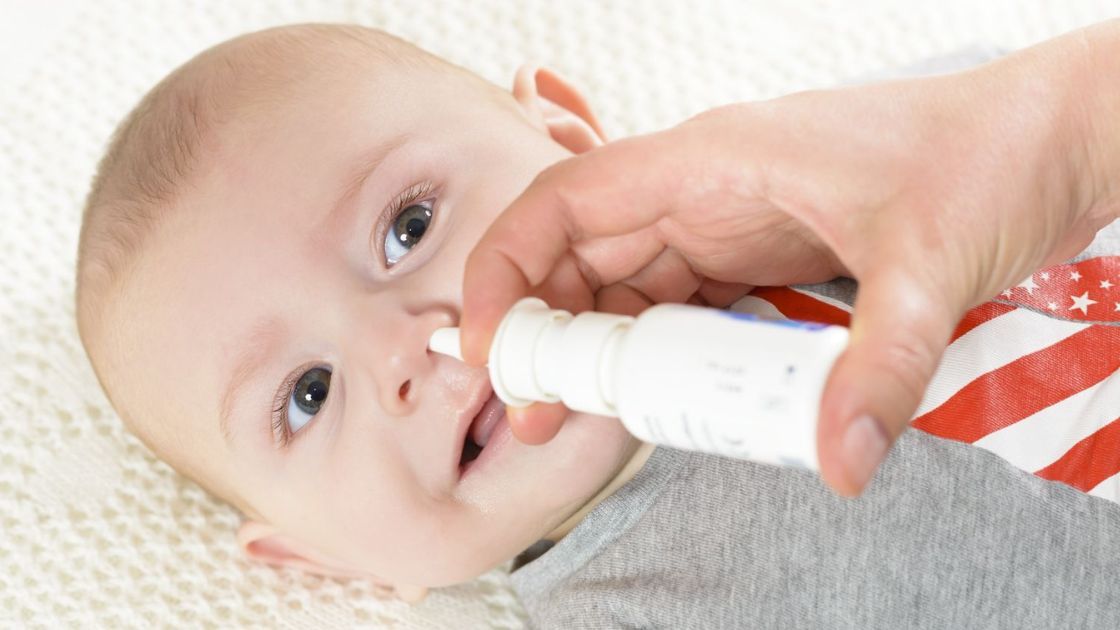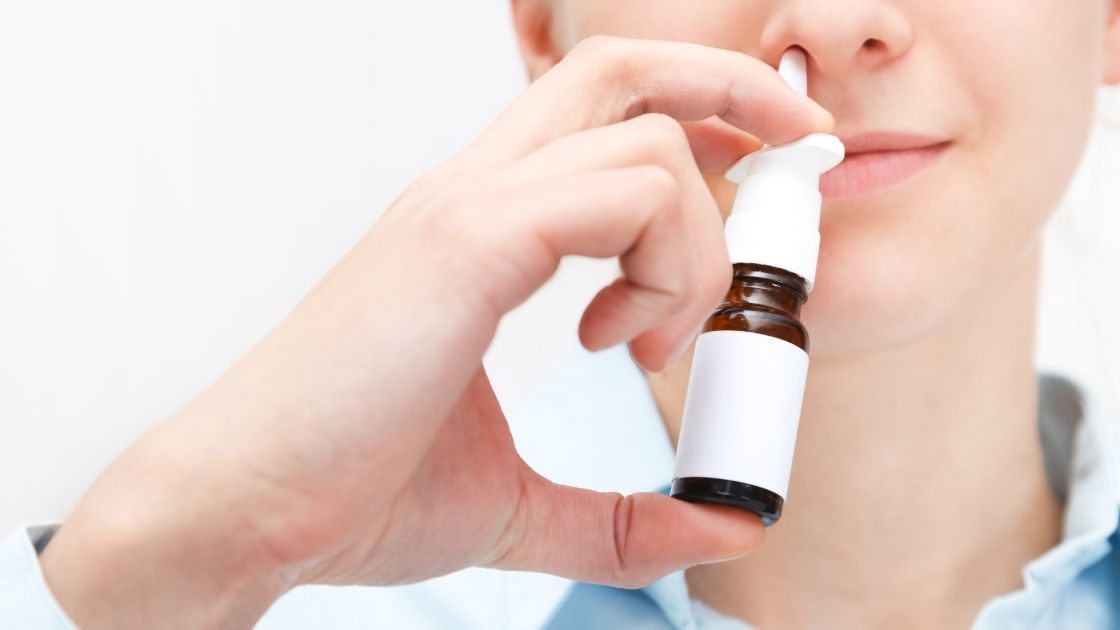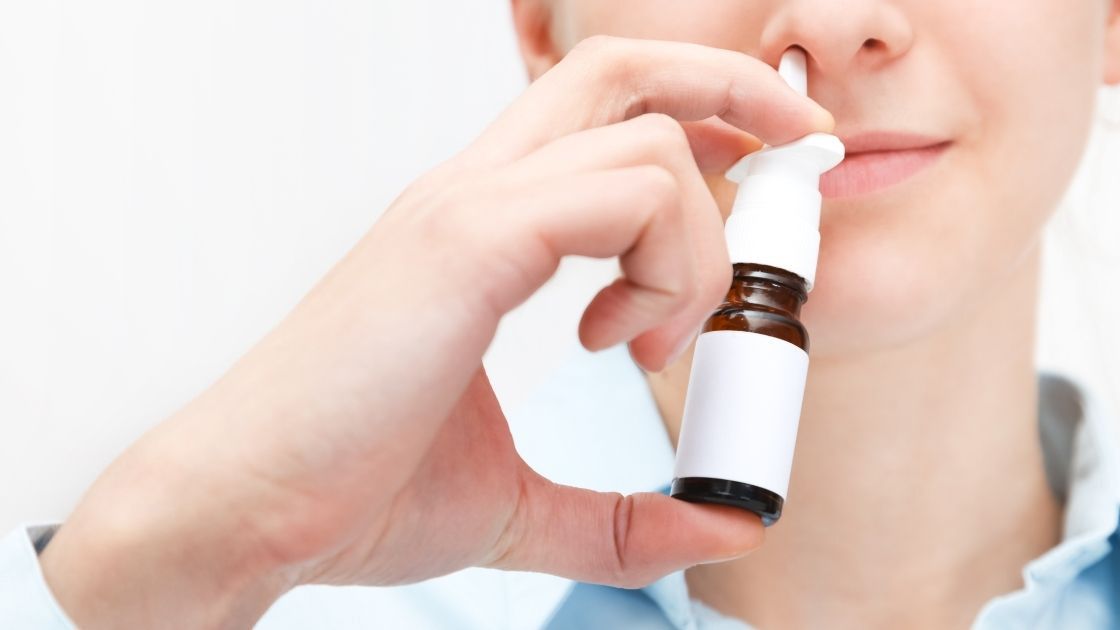Providing your Babies with Gentle Nasal Care using Nasal Sprays
Babies breathe almost exclusively through their nose on their first few months from birth. By breathing through their nose, babies can feed, swallow and breathe at the same time. It is therefore important that the babies’ nasal airways are kept clean and clear of mucus, allergens and other irritants.
Since babies have tiny nasal passages, even the smallest amount of mucus may cause nasal congestion and may interfere with their breathing thus disrupting their feeding and sleeping.
The babies’ nose may be blocked by thick and excess mucus due to hay fever, allergies, cold or viral infection. One effective and safe way to clear this mucus is with nasal sprays containing isotonic saline solution that mimic the body’s own natural fluids. Saline nasal sprays also help activate the natural cleansing mechanisms of the nasal passages to clear away mucus and other irritants.
Nasal saline spray for babies may be used as often as needed to provide the following benefits:
- Cleans and clears away the excess mucus helping increase air flow and make babies breathe easier.
- Serves as a clogged nose remedy. Clear and unclogged nose eases breathing and help babies sleep better.
- Babies get to feed easier bringing convenience to the mothers.
- Washing away mucus plugs which could be breeding areas for germs helps in preventing infection.
- Provides a handy means of removing snot from the baby’s nose. This is safer than using a nasal applicator or a suction bulb which may be difficult to administer especially on an upset, jiggly baby.
There are available sterile, preservative-free nasal saline sprays specifically designed for babies’ delicate nose that gently deliver the solution in gentle mist and can be administered quickly at any angle, even upside down. These nasal saline sprays are handy and easy to carry anywhere especially during travel.
For best advice, a doctor should be consulted.
References:
Hermelingmeier, K. E., Weber, R. K., Hellmich, M., Heubach, C. P., & Mösges, R. (2012). Nasal Irrigation as an Adjunctive Treatment in Allergic Rhinitis: A Systematic Review and Meta-analysis. American Journal of Rhinology & Allergy.
Gallant JN, Basem JI, Turner JH, Shannon CN, Virgin FW. Nasal saline irrigation in pediatric rhinosinusitis: A systematic review. Int J Pediatr Otorhinolaryngol.29605346.
Ragab, A., Farahat, T., Al-Hendawy, G., Samaka, R., Ragab, S., & El-Ghobashy, A. (2015). Nasal saline irrigation with or without systemic antibiotics in treatment of children with acute rhinosinusitis. International Journal of Pediatric Otorhinolaryngology.


